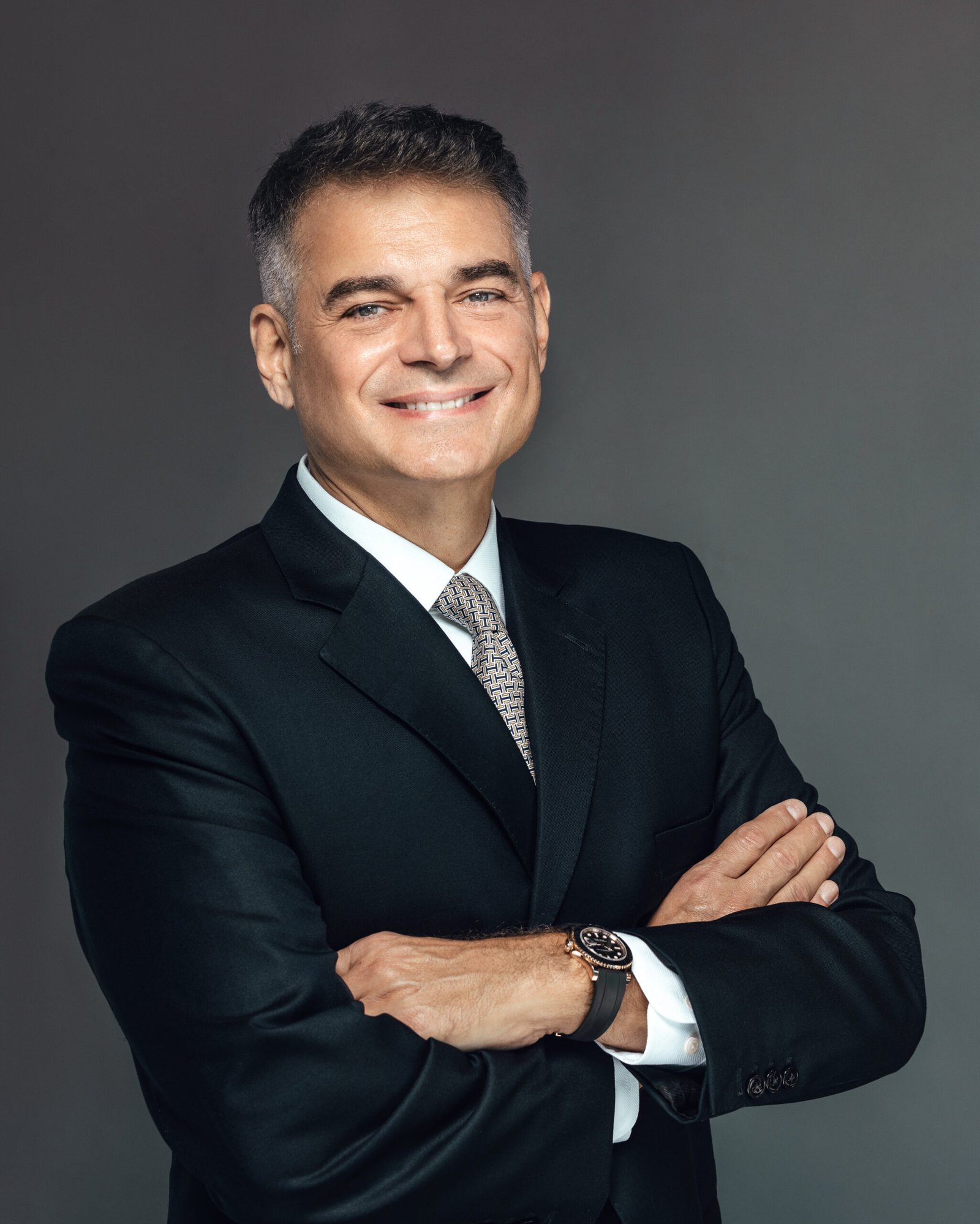It is never enough to emphasize the importance of shifting from a scarcity mindset to an abundance mindset, especially in the ever-evolving mobility industry. This change in perspective is not just about business growth—it’s about embracing innovation, expanding opportunities, and creating a more efficient, accessible, and dynamic transportation ecosystem.
The Scarcity Model: A System of Limitations
For decades, the passenger transportation industry has operated under a scarcity model, where access to resources—vehicles, licenses, and operational capabilities—was strictly limited. This model led to increased competition, higher costs, and restricted service accessibility.
Take the traditional taxi industry, for example. In cities like New York, taxi medallion systems controlled the number of taxis on the road. While this was meant to regulate quality and manage congestion, it ultimately created artificial scarcity, driving medallion prices to over $1 million at their peak. This barrier to entry stifled competition and made transportation services more expensive and less accessible for the general public.
Similarly, black car and limousine services have faced strict regulatory and licensing constraints, limiting their ability to scale and innovate. Private transit fleets, such as those used by corporations and educational institutions, have also been constrained by limited budgets, driver shortages, and operational challenges, preventing them from expanding services as needed.
The Abundance Model: Unlocking Mobility’s Full Potential
In contrast, an abundance mindset in mobility is about leveraging technology, collaboration, and innovation to maximize resources, optimize efficiency, and expand accessibility. Digital transformation has been a key driver in shifting from scarcity to abundance, particularly through ride-sharing platforms and Mobility-as-a-Service (MaaS) solutions.
These models use advanced algorithms and real-time data analytics to pool resources, optimize routing, and match supply with demand more efficiently. By doing so, they reduce costs, minimize underutilized vehicles, and enhance accessibility for passengers worldwide.
For instance, platforms like GNET are reshaping private transportation by creating an international vehicle ecosystem. This ensures that passengers have access to high-quality, reliable transport solutions anywhere in the world, eliminating traditional barriers and fostering an always-available mobility experience.
Why This Shift Matters
Embracing an abundance mindset means breaking free from outdated limitations and embracing a future where mobility is seamless, efficient, and inclusive. It’s about moving beyond rigid structures and creating an environment where businesses, service providers, and passengers collaborate, innovate, and grow together.


